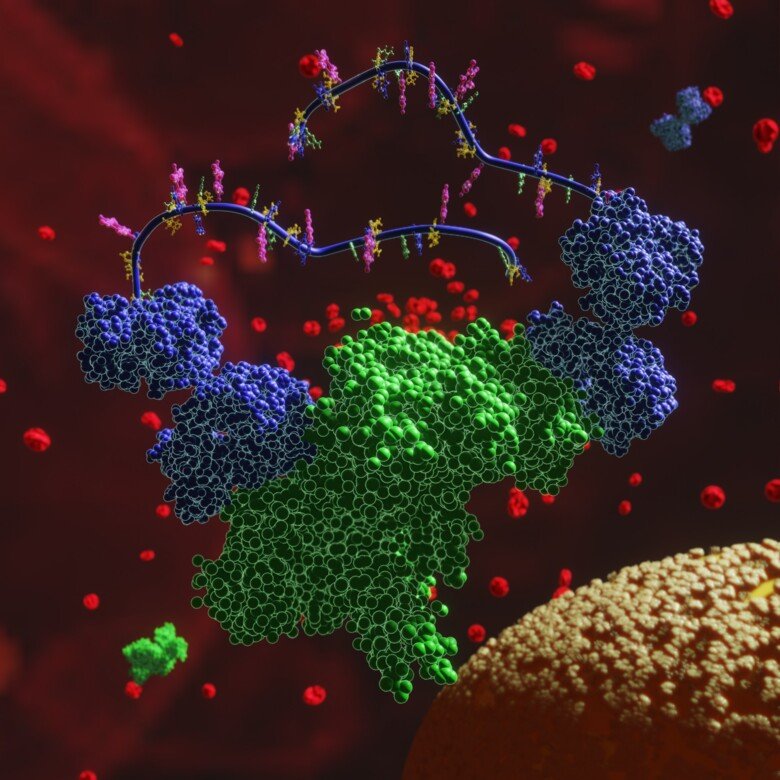New major proteogenomic study on circulating proteins gives new insights for translational studies and drug development

A new paper shows that differences in plasma protein biomarker levels are controlled by hundreds of genetic variants across the human genome, and that these insights can be used to predict which drug targets that are likely to be effective future medicines. The study has been published in the October issue of Nature Metabolism.
Senior researcher Anders Mälarstig at the Department of Medical Epidemiology and Biostatistics, corresponding author of the study says that “In light of this paper, I now predict that we will see a next generation of effective medicines emerge from a similar approach as we took in this paper – carefully conducted Mendelian randomization studies of protein biomarkers to understand their causal role in disease.”
The SCALLOP consortium is a global network of principal investigators carrying out cohort studies of large-scale proteomics, predominantly using the Olink PEA platform, and genetic data such as genotyping or sequencing. Anders Malarstig says that “thanks to the engagement and dedication from over 20 different research institutes we can do studies in a more powerful way that ultimately yields more robust findings”.
Protein quantitative trait loci, or pQTLs, are DNA variants that affect the abundance of different proteins that circulate in blood. Lasse Folkersen, first author of the study, says that “Apart from matching Mendelian randomization analysis to drug targets, we also show that pQTLs can reveal new biology. We proved the relevance of pQTLs by testing the gene-protein pairs in transgenic KO mice and in an interventional clinical trial.”
The study was made by the international SCALLOP consortium, led from Karolinska Institutet in collaboration with Pfizer Research and Development
Publication
Genomic and drug target evaluation of 90 cardiovascular proteins in 30,931 individuals.
Folkersen L, Gustafsson S, Wang Q, Hansen DH, Hedman ÅK, Schork A, et al
Nat Metab 2020 Oct;2(10):1135-1148
